ARTICLES Three Seas Partnership

Focus on Families and Migration Rationalization: The Visegrad Group’s Method
During the migration crisis – ongoing since 2015 – a unique perspective has emerged from Central Europe, namely from the Visegrad Four (V4) countries of Hungary, Poland, Slovakia, and the Czech Republic.

Tightening Immigration and Border Policy Initiatives in the Baltics
In response to escalating geopolitical risks and hitherto unseen migration pressures, the Baltic States have radically redesigned their border policy. This change has resulted in Lithuania, Latvia, and Estonia implementing strict border controls, erecting new security infrastructure, and tightening immigration regulations.

What is Italy’s interest and involvement in the Three Seas region?
The Three Seas Initiative focuses its activities on the Central and Eastern European region, however the projects proposed may include the participation of not only the 13 members of the Initiative. Often other European countries are involved and can benefit from activities promoted by the Three Seas Initiative.
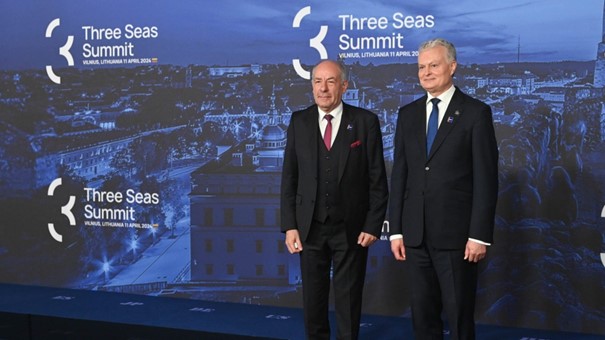
How can Hungary benefit from the Three Seas Initiative?
Hungary has been a member of the Three Seas Initiative since 2015. The country’s position and role in the Three Seas Initiative is significant in several respects. The question may arise as to how the country actually views the Initiative.

The Value of Energy Interconnection in Three Seas region
Improving cross-border electricity interconnections is one of the main goals of the European Union, as well as improving security of energy supply and fostering renewable energy sources into the markets.
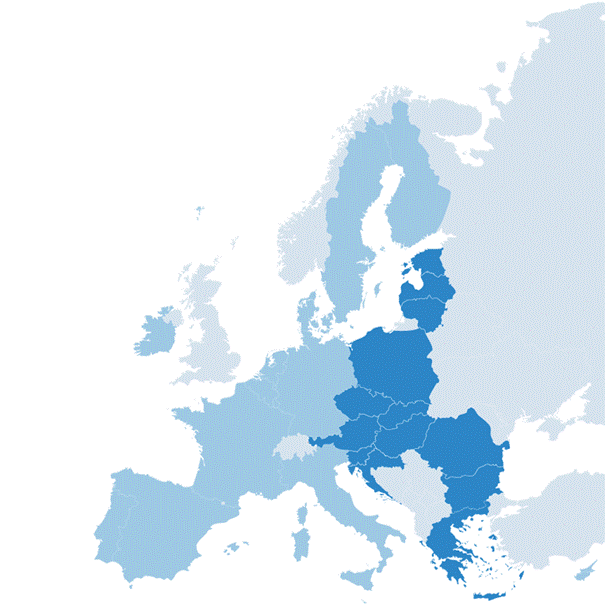
What does it take to join the Three Seas Initiative?
In the last year or less, the Three Seas Initiative has seen its biggest expansion since its inception: Greece has become a full member, Moldova and Ukraine have become associate partners, Japan joined as a strategic partner and Montenegro expressed its intent to associate with the Initiative. In these circumstances, one might ask, how is it possible to join?

How have 3SI member states reacted to recent developments with the War in Ukraine?
Currently, in an isolated and localized manner the war in Ukraine has developed tactical advantages for Russia, however, Ukraine still retains strategic coherence and cohesion. Therefore, how have 3SI (Three Seas Initiative) member states, which predominantly lay on the border with Ukraine or Russia, if not in the immediate vicinity, reacted to these developments?
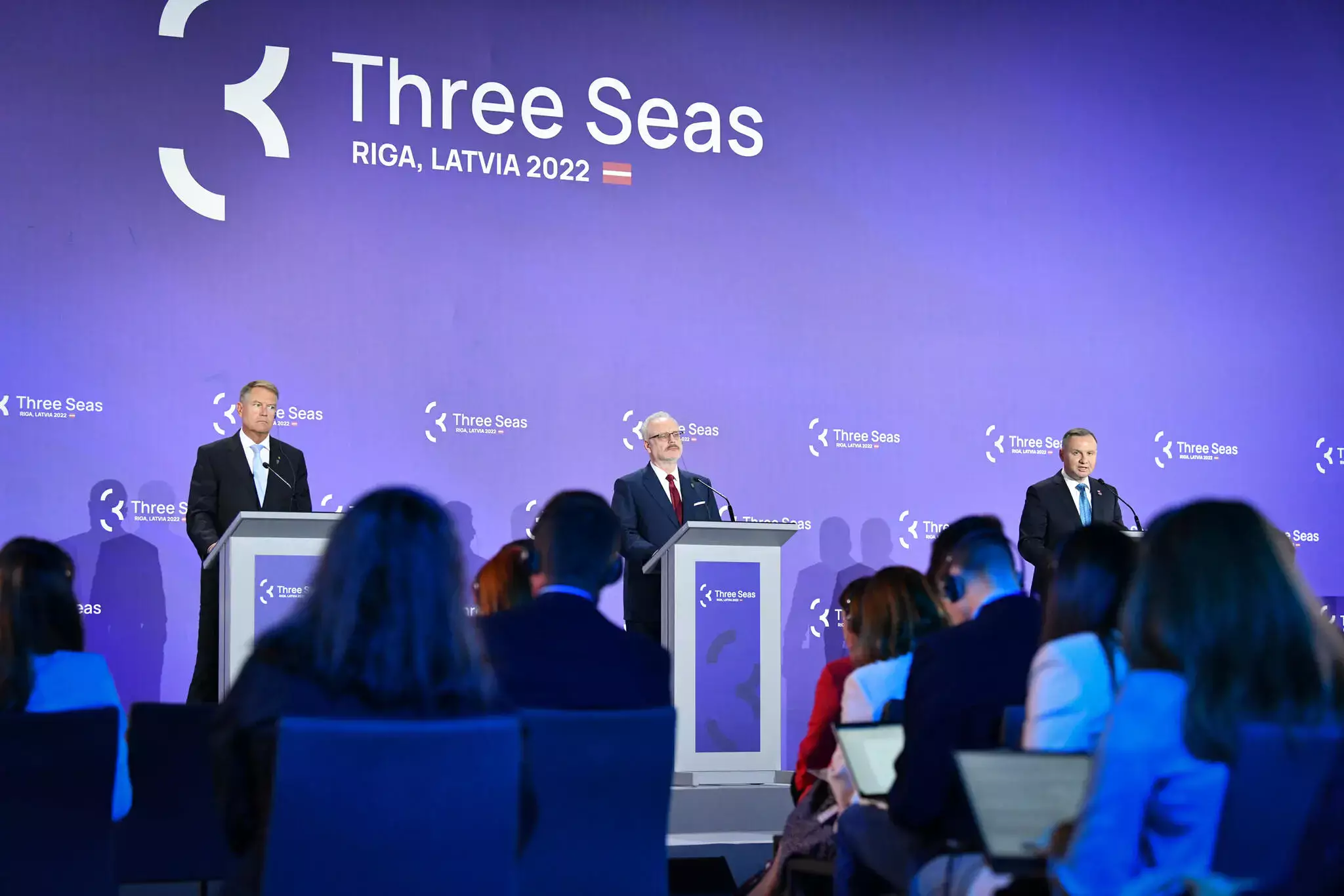
Greater Regional Investment and Security Cooperation: Latvian Priorities for the Three Seas Initiative
In June of this year [2022 – ed. note], Three Seas Initiative members and partners met in Riga, Latvia to discuss priorities, investment, and projects of critical importance for the ongoing development of greater regional interconnectedness between the Baltic, Black, and Adriatic Seas.

Hungary towards the Three Seas Initiative
After the collapse of the Soviet Union in 1991, the countries of Central and Eastern Europe regained the longed-for freedom and for the first time in centuries were able to independently decide about their future. In the 1990s, they set Euro-Atlantic integration as their overriding goal. However, one of the criteria for membership in the European Union and the North Atlantic Alliance was participation in regional cooperation formats. At that time, agreements were signed that established the Visegrad Group (V4) and the Central European Free Trade Agreement (CEFTA), two cooperation platforms that laid the foundations for further mechanisms of Euro-Atlantic integration. In 2007, most Central European countries could already boast membership in the European Union and NATO.

The Czechs may soon revise their approach to the Three Seas Initiative
Although the Czech Republic is a member of the Three Seas Initiative, it approaches this format of cooperation in the region with some reserve. There were many reasons for this, the most important of which turned out to be a pragmatic attitude towards the aforementioned geopolitical project. As part of it, no specific projects have been implemented so far, with the exception of annual summits and the creation of the Three Seas Fund.
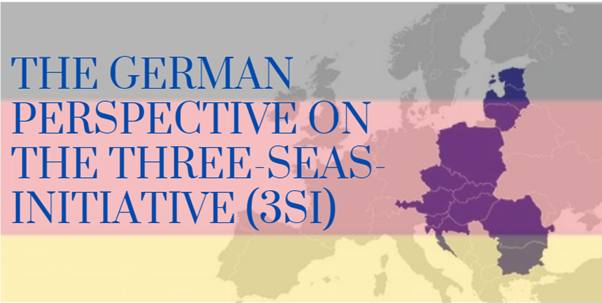
Progressive development in the German perspective of the Three Seas Initiative
Since its inception in 2015, the Three Seas Initiative (3SI or TSI) has gradually flourished in the Trimarium countries, gathering more and more support from private entities and becoming the focus of research centers. Countries such as Poland, Croatia and the Czech Republic continuously supported the Initiative, which consequently led to its gradual development.

Austria sees the Three Seas Initiative as a useful format and expects to benefit from its membership
Austria has been a supporter of the Three Seas Initiative (3SI) from its very start in 2016. Even though Austria’s economic development and infrastructure are more advanced compared to the other member states of the Initiative, the country expects to profit from its membership economically but also politically.
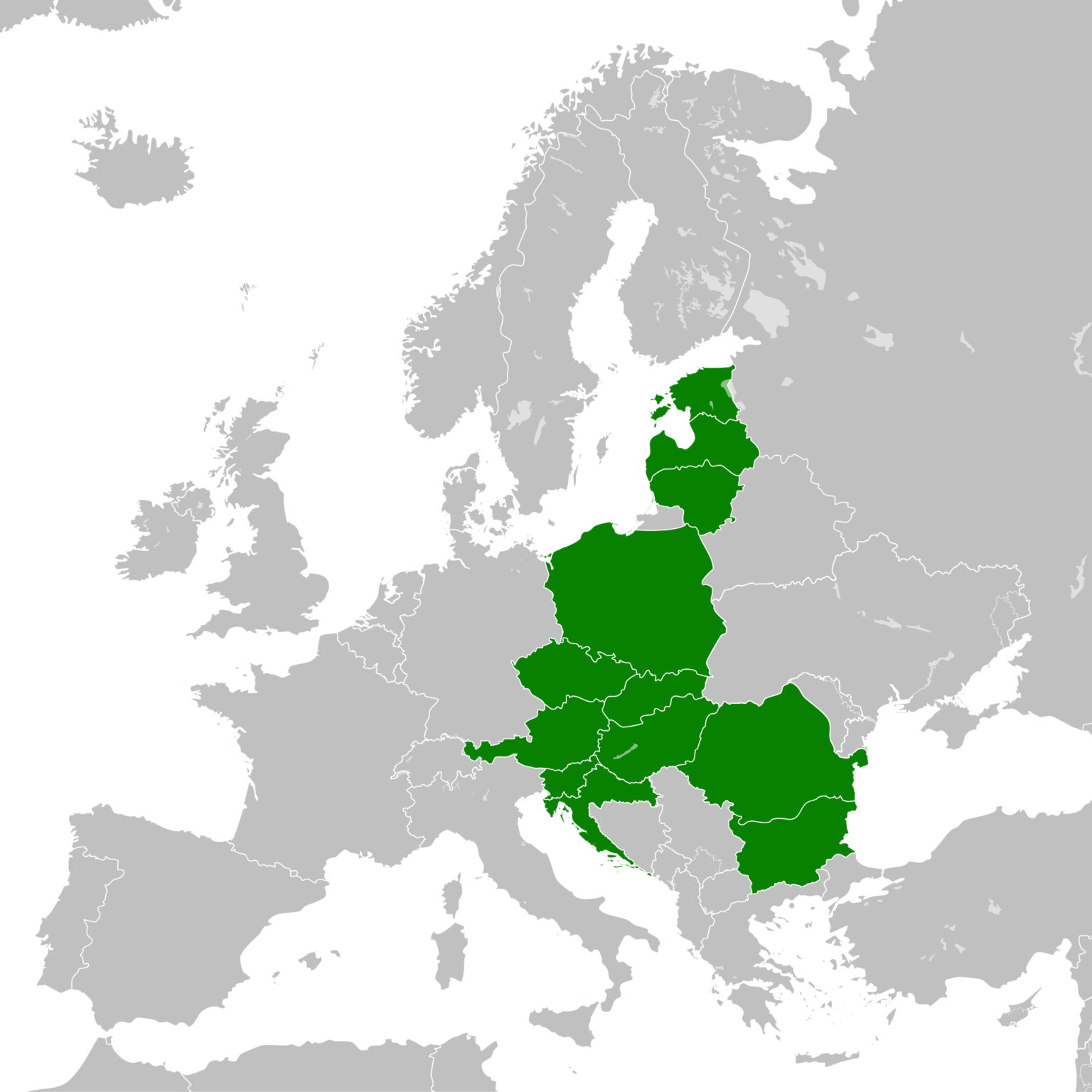
Let’s use the potential
The Three Seas Initiative is not one of the well-known formats of regional cooperation in Europe. Only experts and some interested people know about the various organizations that exist in the European Union, but also in the combination of EU countries and non-EU countries. It is enough to give a few examples: Baltic cooperation established in 1994, Nordic-Baltic cooperation in 1992, Visegrad Group in 1991, Black Sea Economic Cooperation in 1992, Cooperation Processes in Southeastern Europe in 1996, Strategy EU for the Danube Region in 2010, or the Three Seas Initiative in 2016.
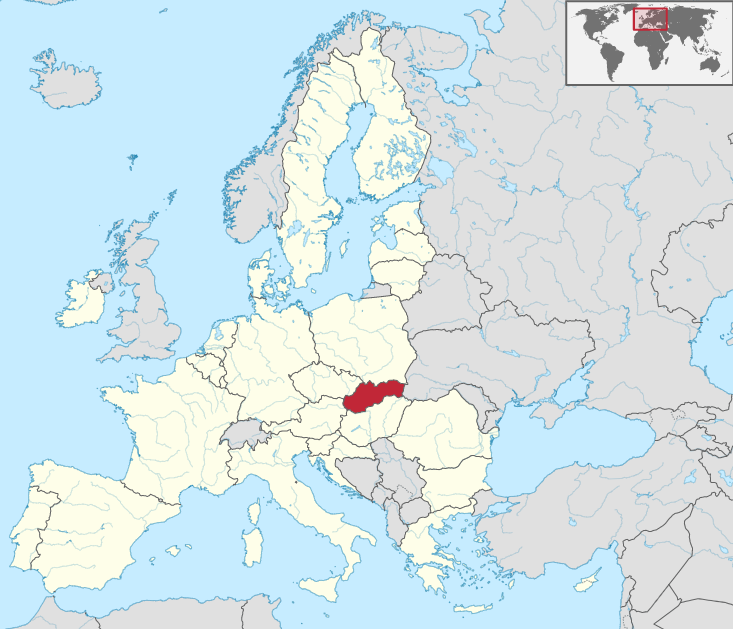
The Three Seas Initiative from the Slovak Perspective: A Story of Missed Opportunities
The Three Seas Initiative is an excellent example of a sensible idea whose positive impact has been neutralized due to limited and delayed implementation. A denser energy, transport and digital infrastructure network, which is the main idea of the Three Seas Initiative, would provide us with a stronger and more resilient position in the face of the consequences of a Russian military attack on Ukraine. Better connectivity means more options. Greater infrastructure capacity means greater resilience. Together, this means greater freedom of action and less vulnerability, which are key features if we want to emerge victorious in the ongoing conflict with the Kremlin. Even without the war, the Baltic, Black and Adriatic Sea regions would greatly benefit from a solid north-south infrastructure axis in terms of potential for economic growth, energy security.
















